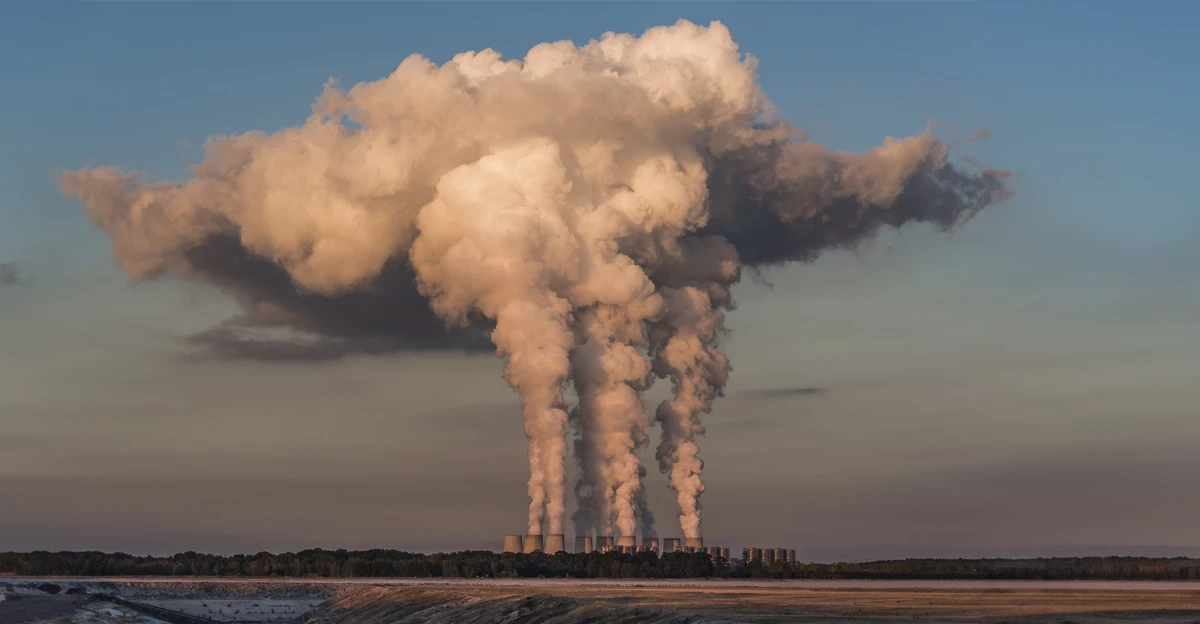THIS PREMIUM INSIGHT IS FOR SUBSCRIBERS ONLY.
Stay ahead with precise, independent journalism of APAC's insurance markets.
Unlocked access today:
Already subscribed? Log in using the form below or click here
Emerging risks | Growth Opportunities | APAC Insurance
Dedicated hubs
Browse content

THIS PREMIUM INSIGHT IS FOR SUBSCRIBERS ONLY.
Stay ahead with precise, independent journalism of APAC's insurance markets.
Unlocked access today:
Already subscribed? Log in using the form below or click here
Share this article

© Playfair Media 2024
17/F, 80 Gloucester Road, Wan Chai, Hong Kong